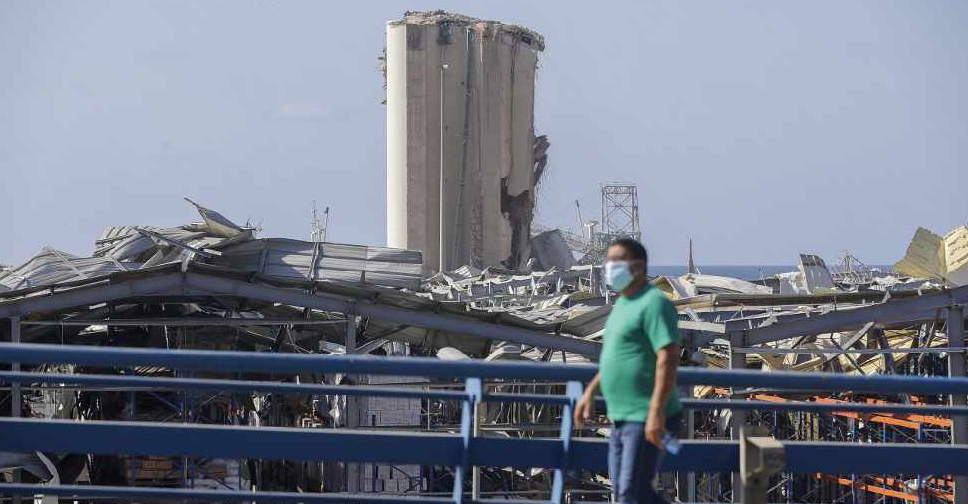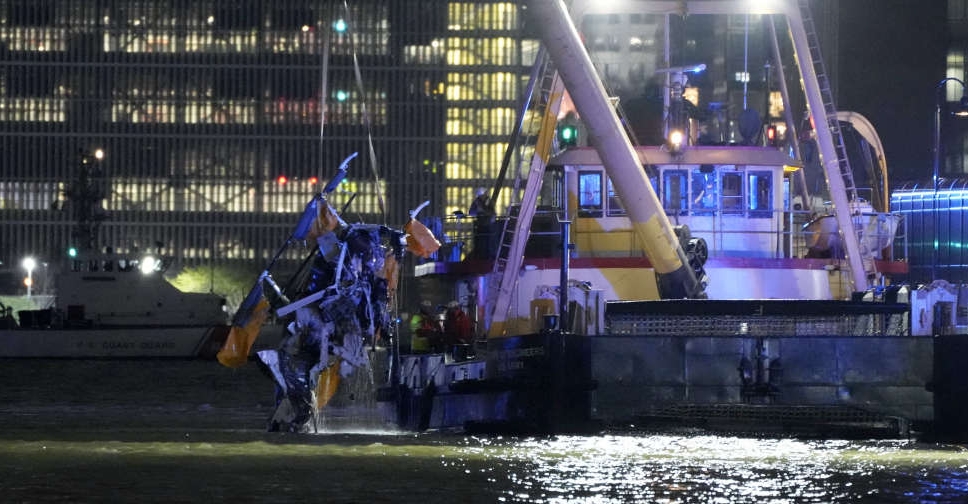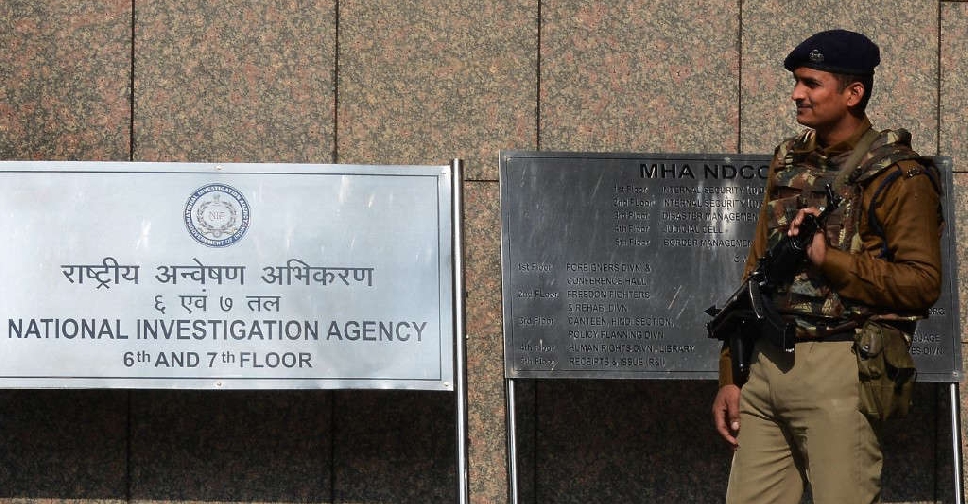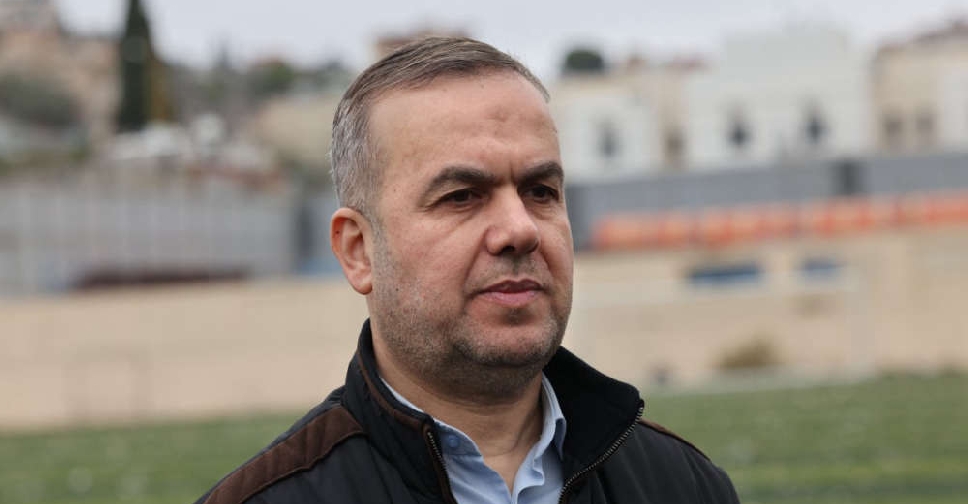
Lebanese rescue teams pulled out bodies and hunted for missing people on Wednesday from the wreckage caused by a massive explosion that killed at least 135 people.
Prime Minister Hassan Diab declared three days of mourning from Thursday as early investigations blamed negligence for the explosion at Beirut port, which has left tens of people missing and injured more than 5,000 others.
Up to a quarter of a million people were left without homes fit to live in, officials said, after shockwaves smashed building facades, sucked furniture out into streets and shattered windows miles inland.
The death toll was expected to rise from the blast, which officials blamed on a huge stockpile of highly explosive material stored for years in unsafe conditions at the port.
The explosion was the most powerful ever in Beirut, a city still scarred by civil war that ended three decades ago and reeling from an economic meltdown and a surge in coronavirus infections.
"No words can describe the horror that has hit Beirut last night, turning it into a disaster-stricken city," President Michel Aoun said in an address to the nation during an emergency cabinet session.
He said 2,750 tonnes of ammonium nitrate, used in fertilisers and bombs, was stored for six years at the port after it was seized.
The government was "determined to investigate and expose what happened as soon as possible, to hold the responsible and the negligent accountable," he said.
An official source familiar with preliminary investigations blamed the incident on "inaction and negligence", saying "nothing was done" by committees and judges involved in the matter to order the removal of hazardous material.
The cabinet ordered port officials involved in storing or guarding the material to be put under house arrest, ministerial sources told Reuters.
Officials have not confirmed the origin of an initial blaze that sparked the explosion, although a security source and local media said it was started by welding work.




 Nearly 100 killed after heavy rain in India, Nepal
Nearly 100 killed after heavy rain in India, Nepal
 Six dead after tourist helicopter crashes into New York's Hudson River
Six dead after tourist helicopter crashes into New York's Hudson River
 2008 Mumbai attacks accused arrives in India after US extradition
2008 Mumbai attacks accused arrives in India after US extradition
 Hezbollah ready for talks with Lebanese government, MP says
Hezbollah ready for talks with Lebanese government, MP says



